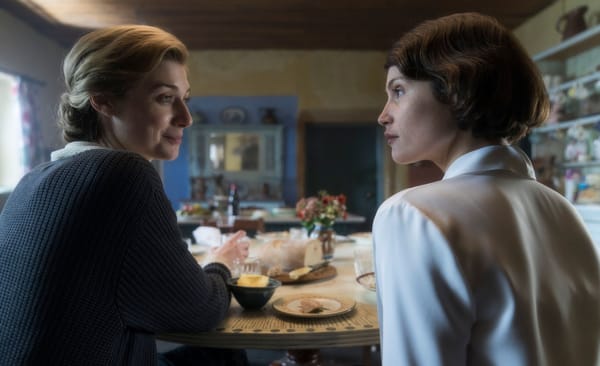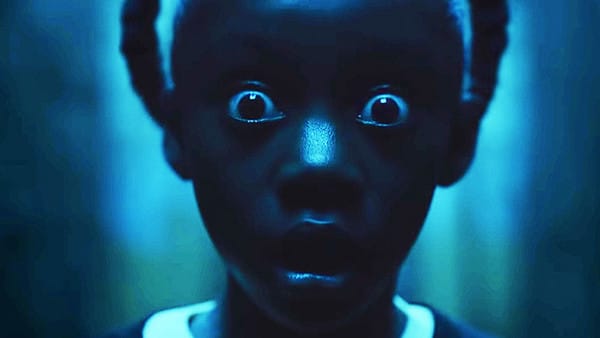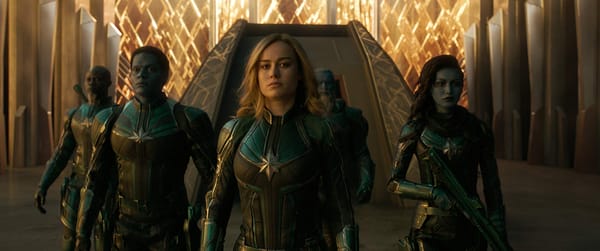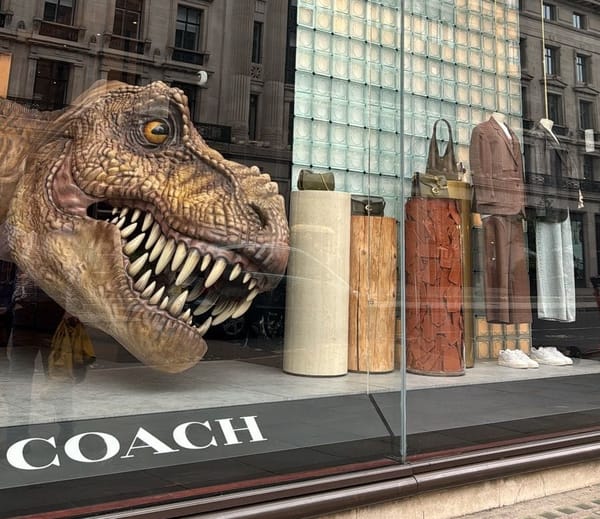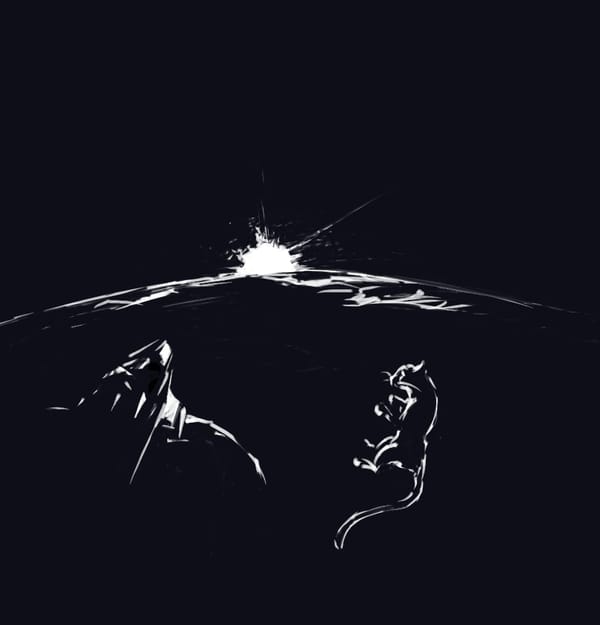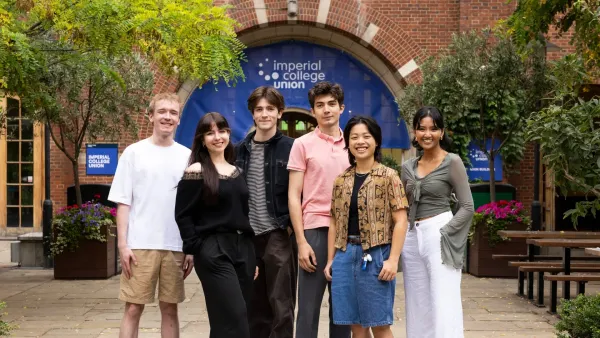When They See Us: Ava DuVernay’s ‘Central Park Five’ mini-series asks us to bear witness to painful truths

At the outset of When They See Us, we meet a group of young Harlem boys. Kevin Richardson (Asante Blackk), the youngest, is a musical talent encouraged by his older sister to put Spring Break to good use - he could be as good as Miles Davis one day. Korey Wise (Jharrel Jerome) is sixteen and in the throes of a high school romance. Along with Yusef Salaam (Ethan Herisse), Raymond Santana (Marquis Rodriguez) and Antron McCray (Caleel Harriss) they join in with a throng of boys headed to Central Park. At dusk, dozens strong, this crowing, joyful crowd runs into the park, raising a ruckus in their wake. Even without prior knowledge of the real-life fates of ‘The Central Park Five’ we expect tragedy to strike because we are conditioned to know that especially in film, but also in life, unbridled shows of freedom rarely go unpunished, particularly not for kids who look like Kevin, Korey, Yusef, Raymond and Antron.
In the park, jubilance quickly sours to something with an edge - scraps break out amongst the group; when the police show up, the boys scatter, stumbling through the undergrowth. Unbeknownst to them, across the park, Trisha Meili (Alexandra Templer) has been dragged off the path whilst jogging, brutally raped and left for dead. Faced with the task of finding Meili’s assailant and with no leads save for a conference room full of black teenagers arrested for “unlawful assembly”, Detective Linda Fairstein (Felicity Huffman) seizes an opportunity.
What follows is a lesson in the lethal chasms in modern American life. Farstein, who is white and middle aged, is unable to correctly parse the slang phrase “wiling out”, written on a report of the boys’ activities, to mean “acting out”. Instead, she becomes convinced the children were “wilding”. The kids held in custody quickly turn from possible witnesses to the rape to probable suspects. Farstein condemns the twelve and thirteen year olds out too late, to be feral animals on the rampage. With swift and profound venom she labels the children, whose names she cannot remember, thugs and predators - scum to scrubbed away.
During the four part series, we witness ‘The Central Park Five’ being convicted, imprisoned, and then in 2002, acquitted after a spontaneous confession from a serial rapist. Ava DuVernay’s emotive direction which puts the viewer in the place of the five accused, makes When They See Us intensely painful viewing - I found it difficult to watch each episode all the way through in one go. Beyond an indictment of the police officers who intimidate and lie to force confessions from the teenagers, this mini-series is wider commentary on the power of privilege in America. Huffman proves a genius bit of (unintentional) meta-casting, as her real life college admissions scandal simmers off screen, her presence is a constant reminder that the law views all as equal, but some more equal than others. The young actors playing the principal five are extraordinary in portraying children whose innocence is quickly chipped away by pain, amongst them, Jharrel Jerome, who played adolescent Kevin in Moonlight, gives a particularly shining performance.
Quite by chance this week I was reading about Charles Foster, an Oxford professor who lived a summer as a badger (including eating worms and crawling about on all fours through the Welsh countryside). Foster, by his own explanation, had undertaken this unconventional exercise as a way of stripping away the trappings of what it meant to be human - to ally himself with the bestial parts of his being (though not of course, it must be said, to the extent of eschewing a book deal or several interviews with high profile national newspapers). I couldn’t get Foster out of my head as I watched When They See Us. What better delineates what privilege really means? A white, well regarded lawyer, spends months in a dug out “sett”, feasting on worms and is called an eccentric, profound, free thinker; a group of black children from the projects come home late from school and are called savage animals by public officials, and locked away for decades for a crime they did not commit.
“When the police want what they want, they will do anything”, Antron’s father tells his son in one of the most powerful scenes of the first episode, begging him to falsely confess: “They will lie on us. They will lock us up. They will kill us”.Those of us who have never had to live under the oppression of being institutionally cornered, have never had the burden of knowing that truth means nothing in the face of the colour of one’s skin or where one grew up, can never really understand the trauma that inflicts. DuVernay’s filmmaking confronts each viewer with the desperation of a life like this.
The greatest tragedy of When They See Us lies in the realisation that so little seems to have changed since 1989. In the United States today, black Americans are five times more likely to be incarcerated than white Americans. In 2015, though African Americans and Hispanics made up approximately 32% of the US population, they comprised 56% of all those incarcerated. Far from being consigned to history, thirty years on from the Central Park jogger case, the spectre of justice inequality between those who have societal power and those who do not looms just as large.
- 5 stars

